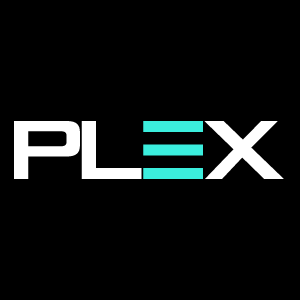The rise of cloud-based software and advanced analytics has helped manufacturers drill further into Lean and Six Sigma methodologies that improve efficiency and lower costs. With innovations such as Industrial Internet of Things (IIoT) platforms integrated with enterprise-level software for ERP, MES, QMS, and supply chain management, companies have greater visibility into their processes and conditions than ever before.
But often, terms are used interchangeably, creating confusion. Tracking, tracing, monitoring, and other phrases may feel like synonyms, but they actually mean different things. Understanding these differences reveals how tracking adds value to manufacturing processes and helps better quality and process control.
What is the Difference Between Monitoring, Tracking, and Tracing?
To understand the value of each of these processes, it helps to understand their differences. Each term has a specific meaning and adds value in a unique way.
Monitoring
Production monitoring is used to track multiple variables at the spindle, machine, or factory level. Using OEM-embedded devices, retrofitted devices, or edge devices, the software connects the plant floor in a closed-loop system for tracking production efficiency and other valuable KPIs. This data capture can be automated and is done in real-time, allowing analysis that highlights bottlenecks and provides actionable insights.
Within production monitoring, tracking refers to the tracking of data to determine machine conditions. It allows the analysis of data for tracking production efficiency to enable process improvements. Monitoring systems may also be integrated into ERP systems to expand their reach and accuracy across the enterprise.
Tracking
Tracking can also refer to product or component tracking. In this case, individual components or assemblies are tracked using bar codes and scanners, RFID tags, BLE chips, or VHF tags. In large facilities with complex assembly systems, these tracking identifiers can trigger the next automation step, such as robotic process automation (RPA), to prepare for assembly downstream.
The advantage of component, material, or assembly tracking is that these identifying technologies can add data directly to the monitoring system and take advantage of its analytics. This addition improves the quality of the insights. Data from production monitoring and material tracking are linked, providing a clearer digital picture of the manufacturing process.
Tracing
There's a difference between tracking and tracing - especially in logistics. Tracing uses the technology in monitoring and tracking to record the path of a finished good from raw material form to delivery. It's a crucial component in industries such as food and beverage, pharmaceutical, and chemical production, where compliance and regulation are required. The track is the position or location of a component or material, and trace is the trail or pathway that material took to arrive in manufacturing.
Tracing also aids quality monitoring and root cause analysis, engineering change management, and other functions during complex manufacturing processes. This path can be captured by the monitoring system and added to the data stream and analysis. It can also be used for process improvement initiatives.
Putting the Pieces Together
It’s possible to use different platforms for monitoring, tracing, and tracking. But in the end, how well they all work together will depend on how far you go in creating a smart factory environment. If you use a smart manufacturing platform, all three will integrate to provide data in real-time for analytical insights greater than the sum of all three independently.
But if you use them separately, you may never unlock the hidden value that a smart manufacturing platform offers. By skimping on going the last mile to put all the pieces together, and you may suddenly lose track of a critical order that disappears without a “trace.”
For more insights and to learn why a production monitoring solution is likely your first step, click here.
Related Articles

